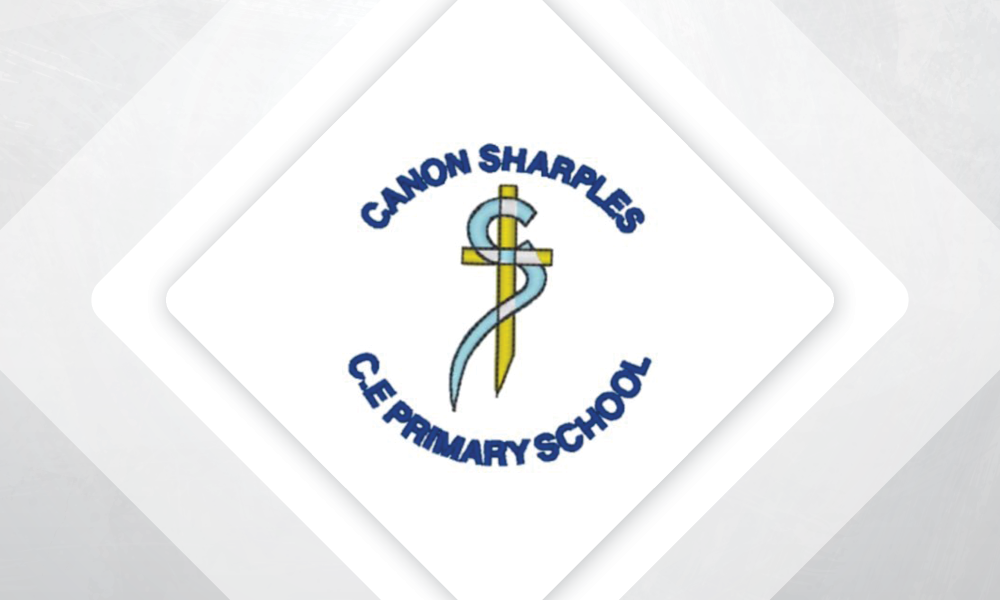Why we chose Cornerstones
Back in 2018 at Canon Sharples Church of England Primary School, we were looking to refresh our curriculum. We wanted to ensure we had a broad and balanced, high-quality entitlement for our children that was well connected through meaningful, not ad hoc, links. We’d done a lot of research into Cornerstones before we decided it was the right approach for us. The four-stage pedagogy aligns with our own thinking, and we loved the focus on experiential and creative learning. The curriculum’s knowledge rich content is also a key driver for us, as we want to help children develop long term memory and a rich vocabulary.
‘We’d done a lot of research into Cornerstones before we decided it was the right approach for us. The curriculum’s knowledge rich content was a key driver.’
Carrie Kiselis, Deptuty Headteacher
We are lucky to have a very dedicated and talented staff team at Canon Sharples. In our Ofsted inspection in June 2018, we received an outstanding judgement for our early years provision. During our inspection, it was recognised that teaching is outstanding, comprising well-planned learning activities that are fun, capture the children’s imagination and allow them to practise a range of new skills, including their speaking and language skills, resulting in excellent progress (Ofsted report, 2018).
The early years curriculum approach
The sequenced curriculum Nursery and Reception projects stay true to early years pedagogy, which is really important to us. They offer us a great balance between directed and play-based activities and are clearly aligned to the new early years framework. As knowledgeable practitioners, what we enjoy so much about Cornerstones is that it offers us flexibility. We can incorporate our own ideas and follow any lines of inquiry that have come from the children.
Language and communication focus
We have observed a high focus on language and communication throughout these projects. We’ve particularly liked how they introduce children to rich vocabulary through key texts and linked activities built upon over time. This has supported our teaching and implementation of Isabel Beck’s three-tier model of vocabulary, helping to identify tier two words and the technical vocabulary that needs to be covered. In fact, we’ve had some amazing writing pieces result from the curriculum activities as it’s given children a real purpose for writing. For example, we recently wrote to a dinosaur in a museum as part of the Dangerous Dinosaurs project, which the children were totally immersed in.
Children’s wellbeing and motivation
Because the curriculum embraces the arts, a key driver for us, it’s also helped us to support children’s wellbeing and allowed them to express themselves. This has been particularly helpful during the pandemic alongside other strategies and resources, such as our zones of regulation and calm corner areas. The children have been so enthused and immersed in the projects and made such good progress across all areas of the development. They want to tell you about their learning and do so confidently and knowledgeably, which is exactly what we want, and it will definitely support them as they move into Year 1.
How we use Maestro
The Maestro platform makes everything coherent. We use it frequently across school, not only in the early years, to plot our lessons in the timetable, assess the children, and ensure coverage. The ‘lesson taught’ feature is an invaluable formative tool, which teachers are finding meaningful to their teaching. We can see the journey the children are on, identify what they have achieved and what they need to do next. This tool is also useful for tracking children’s absence from specific lessons.
The assessment feature was one of the reasons we initially went with Cornerstones because we wanted to build a complete picture of attainment for science and the foundation subjects across the wider curriculum. We feel we’ve got that now, so that’s brilliant.
Looking forward
Next year, we want to bring the curriculum to life even more through those important memorable experiences, such as school visits and special visitors. This is something the children have missed during the pandemic.
Another reason why we chose Cornerstones was to help foster good parental links and share the children’s learning across the projects with parents. We want to continue with our Express stage approach and Showcases of Learning, where children express their learning to parents via assemblies, workshops and videos uploaded to the website.
In school, we are also focusing on supporting children’s long term memory and retrieval practice; it’s a key area that we want to develop further. The content and sequencing of knowledge within the Cornerstones projects is helping us with this, along with embedding strategies and practices like the knowledge organisers, questioning and revisiting learning over time.
Our children are excited to find out what projects they’ll be learning next, and we look forward to continuing to enhance our curriculum.



